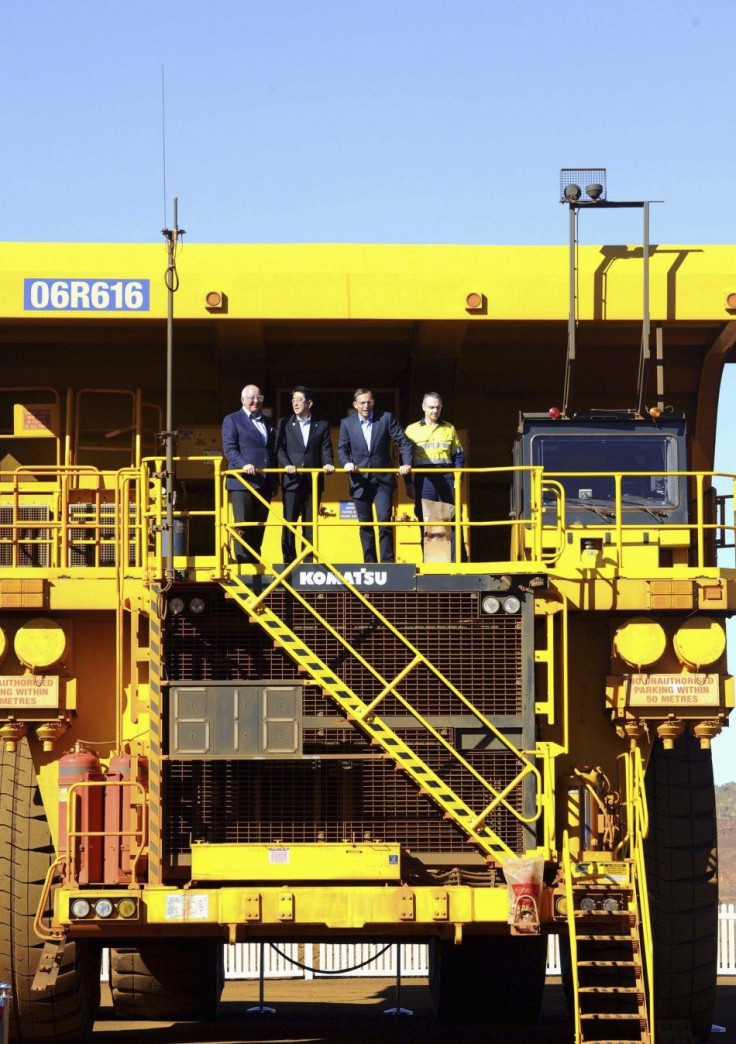Rio Tinto Rejects Glencore’s Merger Bid That Would Have Created $160B Company

Mining giant Rio Tinto (ASX: RIO) rejected an offer to merge with Glencore that would have created a $160 billion mining and trading firm in August. Rio disclosed the offer made in July on Tuesday, but after thumbing down the proposed merger, there has been no contact about the deal between the two miners.
Had Rio agreed to the corporate wedding, it could have dislodged BHP Billiton (ASX: BHP) as the world's largest miner. It is an open knowledge in mining circles that Glencore Chief Executive Officer Ivan Glasenberg is interested in the deal and has made known his position during informal settings.
Bloomberg said that Glasenberg believes the merger would have been timely because of the prolonged weakness in the prices of iron ore, which provides about 50 per cent of Rio's revenues.
Bloomberg reports that Glencore even talked to Aluminum Corp of China (Chinalco), the top stakeholder of Rio, to gauge the latter's interest in the deal. Chinalco holds a 9.8 per cent stake in Rio.
A merger with Rio would have added iron ore to Glencore's commodities made up of copper, nickel, zinc and coal.
In a statement to the Australian Stock Exchange, Rio said, "The Rio Tinto board, after consultation with its financial and legal advisers, concluded unanimously that a combination was not in the best interest of Rio Tinto's shareholders."
On the same day, Rio's price went up by as much as 4.7 per cent, reaching a 9-day high of $60.28.
YouTube/Business Spectator





















